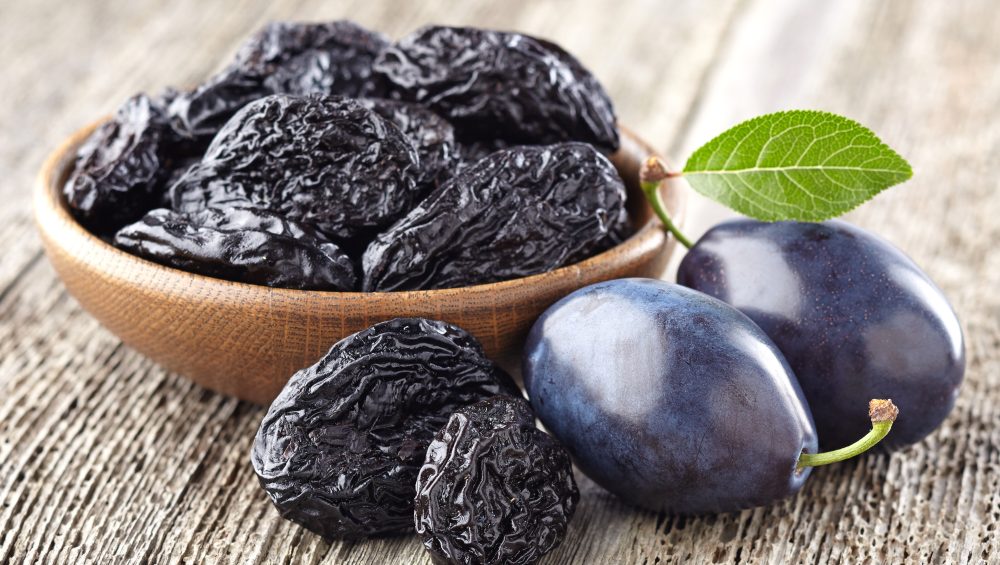How Vitamin D Benefits Your Body
Have a diet that includes vitamin D. This benefits your body in a variety of ways. It is vital for maintaining bone health.
Not only that, but it also helps support the immune system. It fights heart disease. It is even known to help people focus and concentrate.

Vitamin D Supports Bone Health
Having optimal levels of vitamin D is vital. These are critical to maintaining bone health. It has been shown that people who lack sufficient levels of vitamin D are more likely to develop osteoporosis, weak bones, and fractures.
Vitamin D helps your body absorb calcium and phosphorus. Both are needed for strong bones. In addition to absorbing these minerals, it also helps your bones maintain a healthy balance of calcium.

Vitamin D Supports Immune Health
Deficiencies in vitamin D have been linked to a number of autoimmune diseases, including rheumatoid arthritis, systemic lupus erythematosus, and inflammatory bowel disease. Vitamin D also helps protect against the common cold and flu. In addition, it has been shown to play an important role in the innate immune system.
Several recent studies have investigated the impact of vitamin D on the immune system. The effects of vitamin D include inhibiting the production of inflammatory cytokines, IL-17 and TNFa, by monocytes. This results in a shift in the phenotype of T cells. In addition, vitamin D inhibits the proliferation of stimulated CD4 cells in MS patients.
Vitamin D is also known to help prevent cancer. It has been linked to a reduced risk of upper respiratory tract infections and can enhance memory. The recommended daily dosage is between 2,000 and 5,000 IU for adults. It should be consumed at least during the cooler winter months to help protect against influenza.

Vitamin D Manages Blood Sugar
Various studies have been conducted to investigate the benefits of vitamin D for managing blood sugar. These studies show that vitamin D can help the body respond to high glucose levels. It can reduce insulin resistance.
It can also improve glucose uptake in skeletal muscle. Some of these effects are mediated through a variety of mechanisms. They may contribute to glycemic control in people with Type 2 diabetes.

Vitamin D Fights Heart Disease
Increasing your vitamin D intake may be one of the best ways to fight heart disease. It can improve your skin and bone health. In addition to that, the vitamin may also improve your heart’s pumping ability.
Vitamin D plays a key role in maintaining normal cholesterol levels and blood pressure. It also suppresses inflammation. Its effects are particularly helpful for those with cardiovascular problems like congestive heart failure.

Vitamin D Helps With Concentration
Amongst the many vitamin D supplements available in the market today, one of the most enticing is vitamin D3. This vitamin is vital to our bodies’ maintenance, as it helps our brains use energy efficiently. It also affects the ability to focus and concentrate. When our vitamin D levels are low, we tend to feel less alert and more sluggish. Keeping our vitamin D3 intake at an optimal level can help us stay focused during work or school.
The vitamin has garnered a number of accolades in recent years, including being the most effective anti-inflammatory agent in the human body. In addition to being a crucial component of good health, it is known to boost the performance of the brain and the heart. Researchers believe that the absence of adequate levels of this vitamin could increase your risk of developing a number of challenging brain disorders.

Vitamin D Deficiency
A deficiency of vitamin D is a common condition that can cause many health problems. The condition can be caused by lack of sunlight exposure, insufficient vitamin D intake, or the body’s inability to absorb the vitamin. It’s important to recognize the symptoms of vitamin D deficiency and seek medical advice.
Several studies have found a link between low vitamin D levels and increased risk of certain chronic diseases. Researchers are also investigating whether supplementation with vitamin D can reduce the risk of cancer. The Institute of Medicine’s recommended daily allowance (RDA) for adults aged 65 and older is 800 international units (IU) of vitamin D3 per day. The RDA for children under the age of six is 600 IU.
Research on the role of vitamin D has increased dramatically over the last few decades. Vitamin D deficiency is common among critically ill patients and adult and pediatric intensive care unit patients. The level of 25-hydroxyvitamin D (25(OH)D) in these patients is usually less than 30 nmol/L. The underlying reason for vitamin D deficiency in these patients is the failure of the body to absorb the vitamin. Some drugs, such as steroid hormones and cholesterol-lowering medications, also interfere with the body’s ability to produce and absorb vitamin D.

Vitamin D-Rich Foods
Getting adequate vitamin D from food is essential for bone health and immune function. Among the richest sources of vitamin D are mushrooms, fatty fish, and milk. In addition, there are many fortified foods that can provide this nutrient.
The most effective natural source of vitamin D is sunlight; however, a significant percentage of the world’s population does not receive enough sunlight to produce adequate levels of this nutrient. To overcome this, the Food and Drug Administration has fortified foods with vitamin D. Foods fortified with vitamin D include cheese, milk, tofu, and orange juice. While these foods can be beneficial, they should be consumed with caution; they may contain additives or sugar. Moreover, the vitamin D in these foods is not as high as the vitamin D in milk.
The most common animal source of vitamin D is fatty fish. In fact, fatty fish are considered to be the best source of vitamin D. Egg yolks are also a great source of vitamin D. Although most of the vitamin D in eggs comes from the yolk, it is possible to find smaller amounts in other parts of the egg.

Final Thoughts
Vitamin D is essential to your body, as it helps with brain power, energy efficiency, and immune function. It can be obtained from sunlight, food, or supplements. Regularly eating a balanced diet rich in vitamin D-rich foods and exercising can help keep your levels at the recommended levels. In addition, consulting your doctor about supplementing with vitamin D may be beneficial if you’re at risk of a deficiency.
Also, it’s important to remember that excessive intake of vitamin D can be dangerous, so always speak to your doctor before taking supplements. Taking too much vitamin D can lead to hypercalcemia (an excess of calcium in the blood) and other serious medical conditions. Therefore, it’s important to get enough vitamin D but not too much. By ensuring an optimal level of vitamin D, we can help protect ourselves from developing a range of health issues, including neurological disorders and cancers.





























